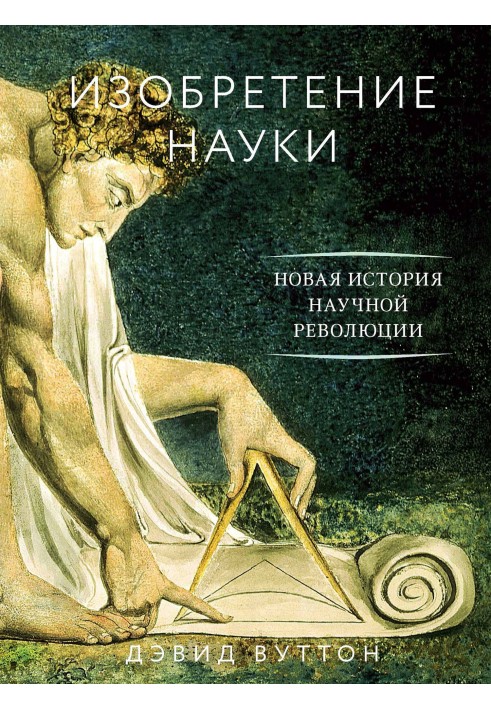The invention of science. A New History of the Scientific Revolution
 Instant download
Instant download
after payment (24/7)
 Wide range of formats
Wide range of formats
(for all gadgets)
 Full book
Full book
(including for Apple and Android)
David Wootton's book is the history of the great scientific revolution that resulted in the birth of science in the modern sense of the word. New science is not just advanced discoveries or techniques, it is a new understanding of what knowledge is. In the 16th century, not only the approach to it changed, but all the old scientific terms acquired a different meaning. Now we all speak the language of science, which developed in the era of intellectual and cultural reforms, the chronological framework of which the author defines very precisely. The new civilization had its martyrs (Giordano Bruno and Galileo), its heroes (Kepler and Boyle), propagandists (Voltaire and Diderot) and humble artisans (Gilbert and Hooke). It gave rise to a new rationalism that did away with alchemy, astrology and the belief in witchcraft. David Wootton changes our understanding of how these landmark transformations took place. “Science—the program of research, the experimental method, the relationship between pure science and new technology, the language of abolished knowledge—emerged between 1572 and 1704. The consequences are still visible today.” and, in all likelihood, will never disappear. But we not only take advantage of the technological advantages of science: modern scientific thinking has become an important part of our culture, and we now find it difficult to imagine a world in which people did not talk about facts, hypotheses and theories, in which knowledge was not based on evidence and where nature there were no laws. The scientific revolution has become almost invisible simply because it was so amazingly successful.” (David Wootton)
Data sheet
- Name of the Author
- Дэвид Вуттон
- Language
- Russian
- Translator
- Юрий Яковлевич Гольдберг














